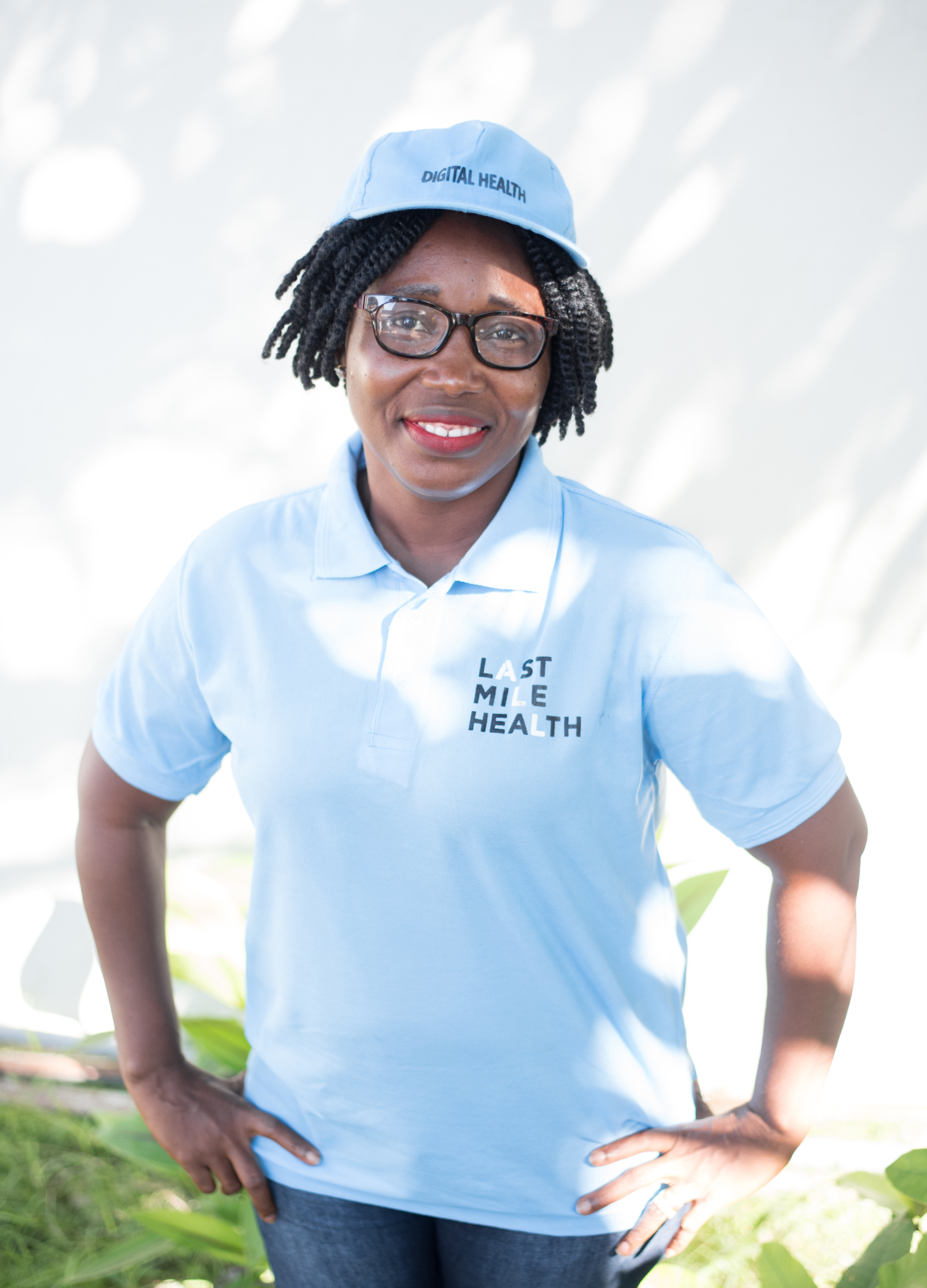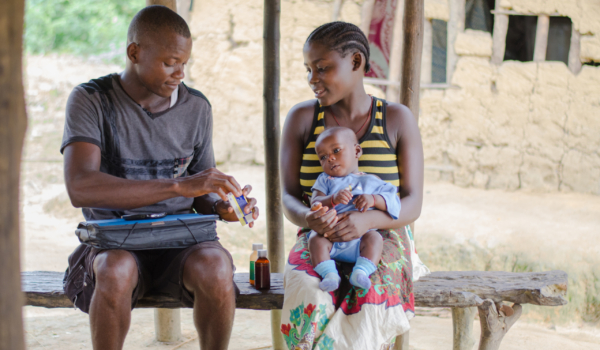Growing up in Monrovia, Liberia, Nowai Johnson-Gray often heard her father describe his deep admiration for nurses. Nowai credits her father for inspiring her to become a clinician herself. One of her first assignments as a nurse was in a remote area of Bong County, where she served as the head clinician in a health facility that had been closed since the war. Here, Nowai developed a deep respect and appreciation for working with the community. “Living there I learned a lot,” Nowai says, “The community’s contribution to decision making is very important—if you work with them, you will succeed.” Working hand-in-hand with local leaders, Nowai was able to identify support staff to assist her in the facility and build referral networks with nearby clinics and hospitals. In the time she spent in Bong County, Nowai’s facility reported zero maternal deaths—a success she ascribes in part to the relationships she built with both the community and traditional birth attendants.
Nowai’s ability to partner with communities to improve access to healthcare is a common thread through her career—from working as an HIV/AIDS counsellor, to supervising community health promoters (who would eventually become formally recognized community health workers by the Government of Liberia), to her decade-long career supporting clinical instructors in Liberia’s training institutions.
When Nowai joined Last Mile Health in 2018, she said she was ready for a challenge. “I am learning a lot of new things, it’s re-energizing me and I am eager to learn.” Now the Continuing Clinical Education Coordinator on the Digital Health Team, Nowai works closely with the Community Health Academy and Liberia’s Ministry of Health to digitize the National Community Health Assistant Program curriculum, transforming traditional paper-based lessons into interactive content for use on smartphones. Today nearly 4,000 community and frontline health workers in Liberia have access to educational materials on malaria and nutrition through the efforts of Nowai and her team.
“I am proud that I am making an impact in the community,” Nowai says. “I went to one of the communities in Rivercess County and I asked a community health worker about how she felt about using the phone. She told me, ‘Because of these videos, now I feel so confident.’ The end users are my motivation at Last Mile Health, I feel so proud when I see them utilizing the phones. It’s a joy to see.”
Since the onset of COVID-19, Nowai and her team are now supporting the Ministry of Health in Liberia to provide community health workers with over two dozen instructional videos on infection, prevention, and control measures, as well as how to identify, refer, and monitor COVID-19 cases directly on their smartphones. Speaking at a COVID-19 webinar with Duke University’s Innovations in Healthcare Institute, Nowai highlighted how the pandemic reinforced the value of community health workers’ use of mobile technology. “It not only improves the effectiveness and availability of training materials and job aids, but also utilizes community health workers’ existing trust in the tool,” Nowai explained.
Once deployed, the digital COVID-19 curricula will provide health workers with the ability to access on-demand videos, quizzes, and information at any time—even when offline. Importantly, these digital education materials, combined with ‘no touch’ COVID-19 protocol and appropriate personal protective equipment, will allow community health workers to continue providing primary healthcare services at the last mile. “In resource-constrained settings like Liberia, the use of mobile technologies are very effective and can improve the safety and quality of care,” says Nowai. “Empowering community healthcare workers with mobile phones will enable them to continue much of the necessary work they do.”
To hear more from Nowai and other technical implementers on the Adaptation and Diffusion of Innovations during the COVID-19 Pandemic, listen here.
Header image: Nowai assists community health workers in navigating the Community Health Academy application during a digital health deployment in Grand Cape Mount, Liberia in September 2019.





